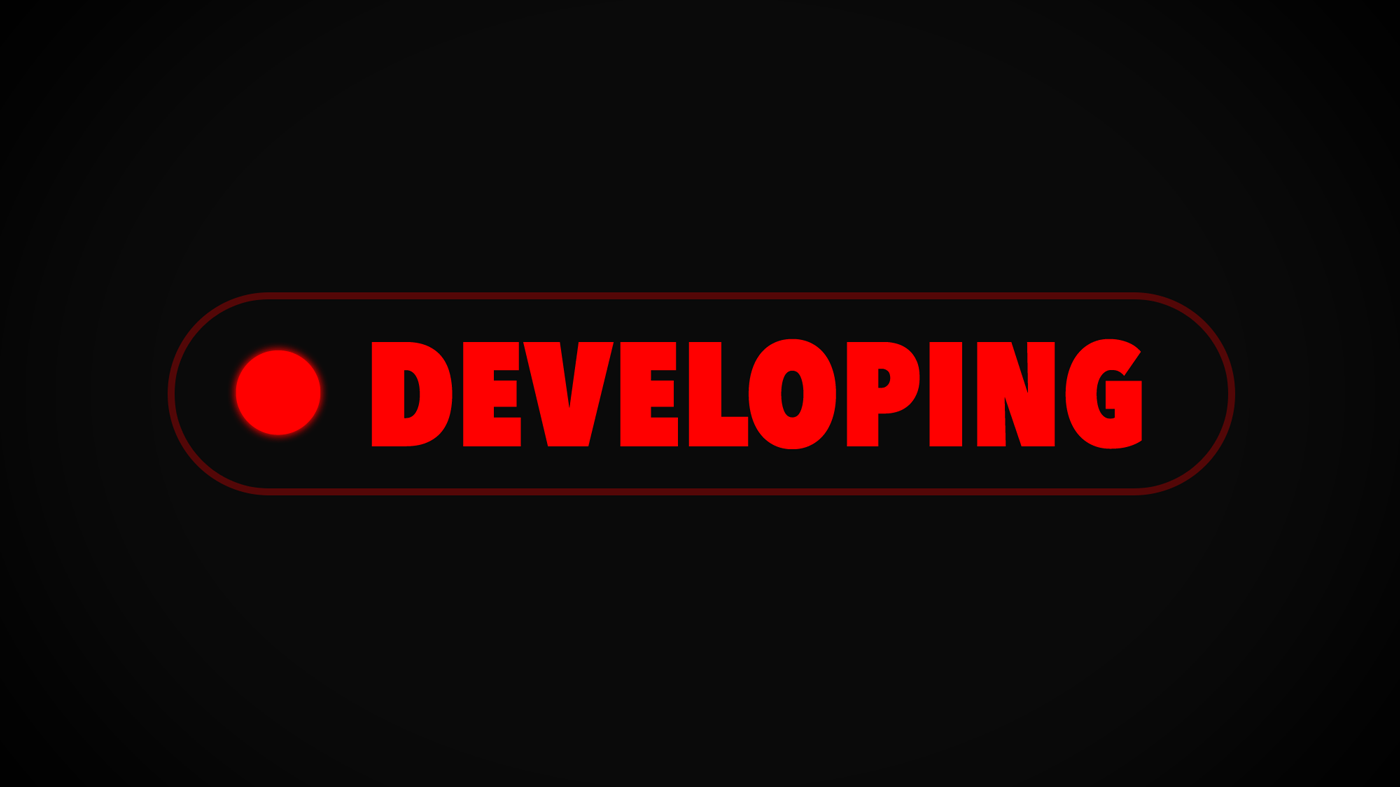Panic. Anxiety. Chaos. Biiiiiig things are happening. It feels like they are spiraling out of control. It feels like we can’t grasp them anymore. It feels like these things are too big to even understand. It feels like these things are too important to look away. Feeling frazzled?
Maybe you have just reached the point were the things you take in are way too much to handle. Our brains are built to suck up information like a sponge: Evolution has rewarded the curious and inquisitive with fertile land, safer shelter, cleaner water (and yes — death was dished out to an equal measure). Talking and listening to others allows us to extend our sphere of insight beyond the limits of our own experience. Being informed is considered a civic virtue in democracies.
The amount of information available to us today is unprecedented. Our desire to make sense of the world is hitting the limits of our mental capacity. The causality of today’s wicked problems eludes us. The world is not worse or more complicated than it was 300 years ago, but unlike our ancestors we are jam-packed with snackable information, random bits of useless trivia, celebrity gossip, live tickers about biiiiiig things popping.
But these things only take on a semblance of vital information. There is an urgency to them, but very little of it is truly important for your day-to-day life.
Some people react to this by retreating to the deceptive simplicity of populism, while others take comfort in the dark worldview of conspiracy theorists. Somebody has to be behind this. It can’t be a coincidence. Somebody needs to take care of business! Easy answers, even if they are wrong, are more appealing than admitting the possibility that there is no masterplan and everybody is equally clueless about what is going on.
The floodgates have opened
The speed of news cycles has become almost instantaneous. In the days of print publishing and broadcasting, the media was the gatekeeper that decided which information would be widely disseminated. Editorial oversight, limited print spaces and airtime slots, libel laws and the desire to attract high-prestige advertising at premium prices ensured that a certain set of standards would be adhered to — not to a fault, but relatively reliable. But the floodgates have opened. Online news are unencumbered by deadlines. The chaos and uncertainty of current events are presented as they unravel. Old media companies now compete with born-digital platforms that are used to the breakneck speed of internet news cycles.

Concurrently, the economics of digital media is heavily influencing what kind of information is disseminated today. Since audiences are generally unwilling to pay for news on the internet, media companies have turned themselves into advertising and affiliate marketing platforms. By extension, their audience — us — becomes the product they are selling. To be profitable, online media needs eyeballs; the more, the better. This rewards publishers that streamline their content to attract more attention.
Tabloids have always existed. But the sensationalist headlines that used to be reserved for the gutter press and publications of the political fringe are finding their way into the mainstream and are tailored for their shareability and clickthrough-rate by data scientists. Advertising used to be one of several pillars in a media company’s business model. Now, it has become the only way for them to make any money. Thus, chasing after our attention will only grow in intensity and importance.
Over the past few years, I’ve had an uncomfortable sense that someone, or something, has been tinkering with my brain, remapping the neural circuitry, reprogramming the memory. My mind isn’t going — so far as I can tell — but it’s changing. I’m not thinking the way I used to think.
Nicholas Carr, Is Google Making Us Stupid?
Our brain is a flexible organ. During our lifespan, it adapts and optimizes itself depending on external stimuli and our own behavior. This is called neuroplasticity. While the ability to change is the strongest while we are still young, it never seems to completely disappear. Neuroplasticity explains why some stroke survivors can regain skills they have lost. The brain’s neurons and synapses can reorganize and shift tasks from damaged or destroyed parts of the brain to others. This is essentially also how we gain proficiency in skills like speaking a foreign language or driving a car. The more consistently we practice, the more skilled we become.
It’s amazing that our brain is capable of this self-reorganization, but change can be for better or for worse. While studies suggest that meditation has a positive physiological effect on our brains, other studies claim that the regular consumption of pornography is capable of changing our brain as well: We can recondition ourselves to crave even stimuli that make us unhappy or anxious. The bombardment of information we subject ourselves to every day has a similar effect on us:
Every new email you get gives you a little flood of dopamine. Every little flood of dopamine reinforces your brain’s memory that checking email gives a flood of dopamine. And our brains are programmed to seek out things that will give us little floods of dopamine. Further, these patterns of behaviour start creating neural pathways, so that they become unconscious habits: Work on something important, brain itch, check email, dopamine, refresh, dopamine, check Twitter, dopamine, back to work.
Hugh McGuire, Why can’t we read anymore?
Of course, these changes don’t stop at the individual. How do democratic societies change if their constituents are oversaturated by information? How will it affect our capacity of processing it? Will we become less certain that our participation can effect change?
You don’t need any of it
The internet is an amazing tool, but the way a tool is built affects how we use it and what we get out of it. The idea of a global, decentralized network to freely exchange ideas is still utopian. But the direction it has taken over the last decade has shifted from an open idea exchange towards a highly commercialized network of platforms exploiting behavioral loopholes for economic success. Something is obviously going very wrong. The constant attention we must exercise to filter signal from noise might turn out to be detrimental to our wellbeing. Distracted by catastrophic news that have very little actual effect on our daily lives we might overlook an epidemic of self-imposed misery in the making. But here is the good news — all of this can easily be fixed user-side!
Exercises in Bandwidth Hygiene
We can choose how we use the internet and determine which information is desirable to us and which is not. Deciding that you don’t want and need it all, all the time, doesn’t mean opting-out of civilization altogether.
It’s ironic that our culture has reached a point where we obsess about our intake of gluten and sugar, but readily expose our brains to whatever information we can get ahold of and don’t even consider that this might have a detrimental effect on us. Of course ignorance isn’t bliss, but neither is being drowned in a deluge of random data that is impossible to process or filter. In the end, weighing the costs and benefits for each service that takes up mental bandwidth is up to you.

Unless your neighborhood is on fire, it’s very likely that you can hold off on reading about an event happening on the other side of the world until the smoke has cleared and there is actually something worthwhile to report.
I wish I could give you some easy to follow steps that magically solve this problem (somebody probably already did that).
- Start off by critically reviewing which information is truly relevant to you, and which isn’t. It’s surprising, even empowering, when you realize how little of the news of the day actually affect you.
- It’s easy to give in to your habit of distracting yourself by checking news sites, apps or social feeds when you have nothing to do. But you can help yourself by using technology to your advantage: Disallow push notifications for all but the most critical applications (for most people, this is probably text messaging).
- If available, make use of content blockers: I have blocked all but one news sites I used to frequent several times a day (even an hour!) on my mobile phone. I can still access them by entering my PIN, but most of the time it reminds me that I didn’t want to look at them in the first place. I expected some withdrawal symptoms, but there weren’t any. I didn’t miss them at all.
- Delete “infinite apps” like Facebook and Twitter from your phone. I got that idea from Jake Knapp’s great and much more concise article on his experiment with a “distraction-free” iPhone. If that seems too radical, remember you can still access these services from your (mobile) browser. But having to type in an URL and your password is just inconvenient enough to break the cycle of looking for distraction without thinking.
TL;DR: Your attention is sold by others — at a premium price. Stop giving it away for free. Don’t be a sucker.
